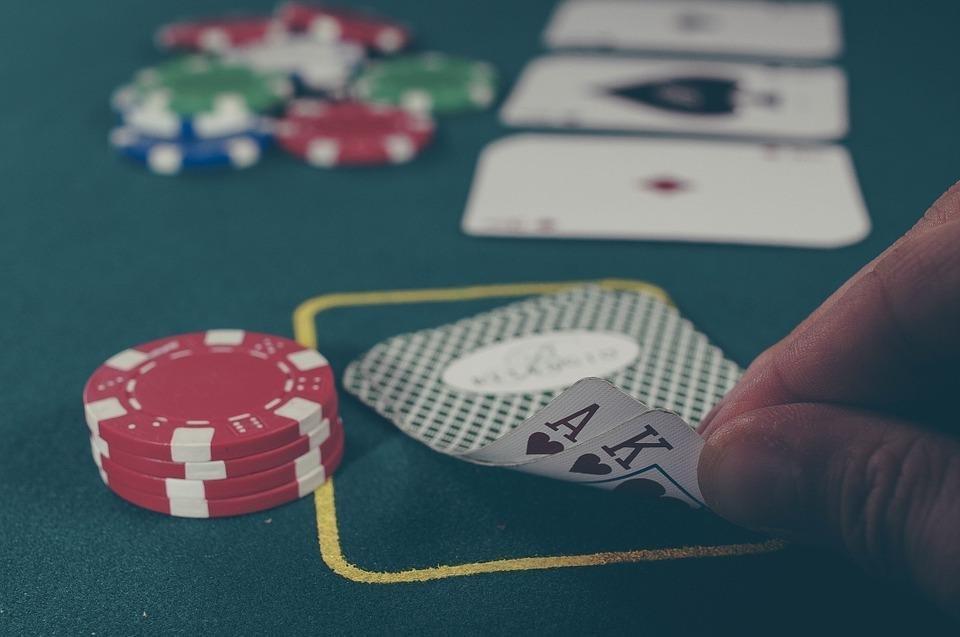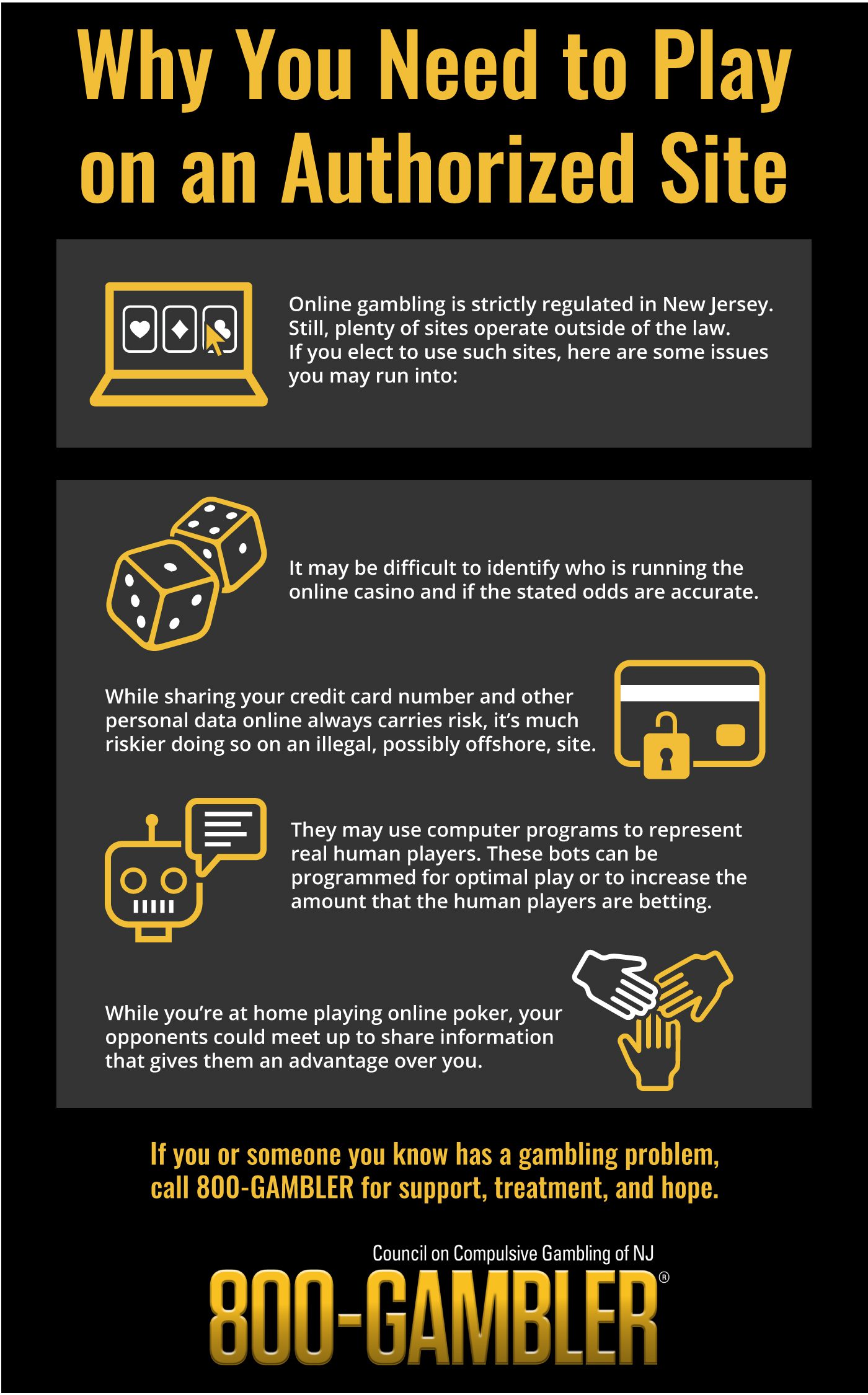How Do You Know When You Have A Gambling Problem
This Year It Will Be Different
Problem gambling is an urge to gamble continuously despite negative consequences or a desire to stop. Problem gambling is often defined by whether harm is experienced by the gambler or others, rather than by the gambler's behaviour. Severe problem gambling may be diagnosed as clinical pathological gambling if the gambler meets certain criteria. Problem Gambling Self-Assessment If you recognize symptoms of gambling addiction in yourself, take this gambling self-assessment to learn how to tell if you have a gambling problem. This quiz is a self-guided assessment that has been created from the Diagnostic and Statistical Manual of Mental Disorders which is the standard criteria for.
It’s that time of year again, the Holiday Season.
If you’re like me, you’ve probably already begun to tell yourself, “This year it will be different!” The ghosts of past holiday horrors taunt you as you vow that this year you will succeed in having that picture perfect holiday you’ve always imagined. So you begin making those same promises to yourself that you’ve made every year before…
“This year I will serve the most scrumptious feast and take photos of my family gathered around the table like a Norman Rockwell painting.”
How Do You Know When You Have A Gambling Problem At A
“This year I will not succumb to the commercialism, the tension, the last minute frantic spending, the irritation of disgruntled shoppers, nor the foolish notion that anyone is ever really as happy as they look seem on social media!”
“Because this year it will be different….”
Many have said those words about the holiday season, time and time again, only to discover like the rest of us that there really is no such thing as “perfect”.
In the same manner, many have promised themselves that “…this time I will control my gambling”, only to find themselves once again unable to walk away.
Just know that you are not alone.
Gambling is an Emotional Behavior
No matter how hard you try, the Holidays can be a very stressful time, and stress can be a serious trigger for anyone with an addiction to gambling. Problem gamblers often use gambling to relieve stress and avoid uncomfortable feelings. Their gambling is more about emotion than money, yet the end result can be financial devastation.
For the husband, wife, mom or dad who loses it all, the emotional devastation can far outweigh the money, leading to serious depression and potentially even thoughts of suicide.
So, how can you identify a problem with gambling?
More importantly, what do you do about it?
Here are some of the warning signs of Problem Gambling:
For the Gambler:
- Being preoccupied with thoughts of gambling.
- Borrowing money to pay gambling debts.
- Feeling restless or irritable when trying to cut down or quit gambling.
- Gambling to escape worry or trouble.
- Losing time from work or school due to gambling.
- Lying about time and money spent gambling.
- Neglecting family because of gambling.
- Unable to stop playing regardless of winning or losing.
For the Family:


- Emotional distress, anger, depression.
- Family members working overtime or taking a second job to make ends meet.
- Items of value lost or missing.
- Lack of communication among family members.
- One member (gambler) noticeably absent from or disinterested in normal family activities.
- Reduced involvement in social/group activities outside the home.
- Unexplained financial problems.
The good news is that gambling addiction is a treatable disorder.
People can, and DO recover!
If you are facing the Holidays with the fear, guilt and pain caused by a gambling problem, give yourself and your family the most important gift of all: the Gift of Hope!
Call the Problem Gamblers Helpline at 1-800-522-4700.

Use the information and support that is freely offered, and this year it really can be different!
Carol O’Hare, Executive Director
Nevada Council on Problem Gambling
Signs of slot machine addiction
When gambling on a slot machine, the bond between the gambler and the machine becomes personal, no one to interfere with their gambling and no one to compete against. The player feels a fondness for a particular machine and some players even get irritated if they see someone else playing their machine. If the slot player is playing longer than he planned, spending more money than he can afford, and telling lies about how much he wins or loses, perhaps he has a problem. If s/he is concerned about his behavior while gambling and even during periods when the person is away from the casino, perhaps s/he may have a slot machine addiction. Other signs of slot machine addiction include:
1. Belief that you are not gambling with “real money”.
2. Belief that you will win back money that you lost on a slot machine.
How Do You Know When You Have A Gambling Problem Finding
3. Developing a personal relationship or bond with a particular slot machine.
How Do You Know When You Have A Gambling Problem Involving
4. Feeling irritation when you see someone else playing on “your” slot machine.
5. Playing a slot machine longer than planned.
6. Spending more money on a slot machine than you can afford.
7. Lying about how much you win or lose on a slot machine.
8. Thinking about playing the slots when you are away from a casino.
9. Problems at work, home or in a social setting due to playing the slots.
10. If you think you may have a gambling problem, you probaby do.
Slot machines are designed to be addictive
Slot machines are also known as VLTs (video lottery terminals) or pokies. The machines are designed with three or more reels that spin when a button is pushed or a handle pulled. The machines have different themes containing graphics and music from popular movies or TV show. The sounds, colors, and images on slot machines have been designed by psychologists to seduce the player and the music reinforces the addictive behavior.
Dopamine, adrenaline and slot machines
The rapid response from the machine has a hypnotic effect and stirs up the dopamine in our brains. And the speed of slot machine games keeps the gamblers’ adrenaline pumping. Even if the gambler does not win, the machine makes him feel that he almost did. And for the gambler that can be just as great a feeling as winning the jackpot. In fact, the person can sit there for hours just pushing buttons and zoning out because the games require no thought or skill. Many slot players have commented, “I just couldn’t get up and walk away.”
How Do You Know When You Have A Gambling Problem Regarding
Instant gratification on slot machines
When a person gambles on slot machines they don’t have to think or plan their next move. They don’t have to wait for cards to be dealt, horses to run around a track, or the end of a sports event, to know the score. Playing the slot machines person knows instantly if he won. Even if he didn’t win, the reels show him how close he came to winning. The machine tells the player that it is ready to pay off because the images on the reels were showing us three, four or five of a kind.
Slot machines are the crack cocaine of gambling
Slot machines are powerful revenue-generating forces designed to keep the player spending more money. The innocence of the slot machine attracts the gambler as he walks through the casino but the slot machine addiction has been described as the crack cocaine of gambling. The money that people gamble on slot machines typically isn’t important and is treated like Monopoly money. Even when the person loses, they believe they will win back all the money they lost to the machine. To compound the losing of money, several ATM machines are located in the gambling area. But what has your experience been? Are you having trouble with slot machine use? Please share your thoughts below, and we will respond to you personally!
How Do You Know When You Have A Gambling Problem




